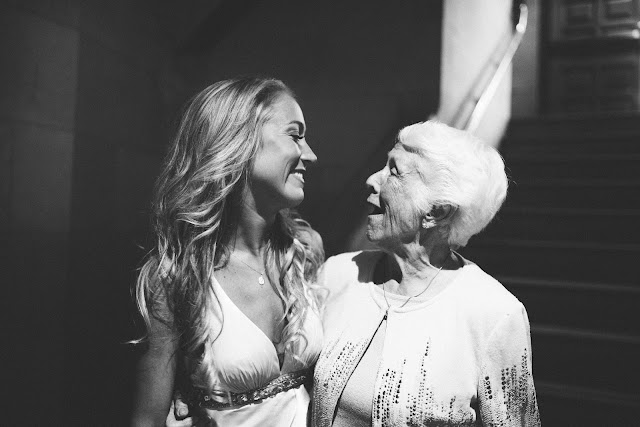I will warn you, just in case "thank you God for health, wealth and happiness" is as deep as you're prepared to go this holiday season. I'll admit, I want to go deeper. The way I see it, the holidays are all about joy. We so often become enslaved, especially on days like Black Friday, by the things we think will bring us joy and then it all turns out to be so counterfeit. I do not want counterfeit joy.
The other day, I came across something in my private notes and ended up fleshing out the memory for at least an hour or two: during the nine hour drive from Arua to Kampala, Uganda, I sank into the backseat as I surrendered myself to a place of real solitude. For hours, I stared emptily out the window, my eyes glazing motionlessly over savannah grasslands and villages engulfed in matoke trees. As the vehicle jostled violently through the red dirt, I was engrossed in thoughts about poverty. After all, we were withdrawing from one of the most devastating situations on the face of the planet. Rich noticed my silent tears as they came rushing out of nowhere; he's good about catching every teardrop. When you're processing things like these, it can become like a hurricane on the inside. As the crying subsided, the abolitionist in me raged invisibly against the slavery of starvation. I wrestled hard with American wealth; I still do. Believe me, I always will. However, just as my heart was beginning to move beyond the place of righteous anger and toward the ugly place of hardness, a Ugandan drove past us with a bumper sticker across his rearview window. It read, "The Rich Also Cry." Oh how I needed the reminder.
Believe it or not, this post isn't about global poverty or the current blind spot of American Christianity. I could, and likely will, write a thousand other posts in order to advocate for the poor of South Sudan. I actually just wanted to be real with you about my own poverty of spirit in hopes to provoke a sense of gratitude in you for yours. The rich also cry.
 |
| "I will restore to you the years the locusts have eaten" -Joel 2:25 |
I hope you all had a beautiful Thanksgiving. It's a deeply personal holiday for me. Maybe it's because I met my husband in Rome eight years ago on Thanksgiving night, in the line to get turkey. Maybe it's because my Aunt Barb's teenage heart broke for three families back in 1970, inspiring her to prepare a few extra turkey dinners in my Nana's kitchen. Maybe it's because her heartbreak blossomed into a community-wide movement of compassion, Thanksgiving Meals on Wheels, which just yesterday delivered 20,000 turkey dinners to needy families throughout the Twin Cities. Or maybe it's as simple as this: my dad told me as a kid that the key to everything was "gratitude."
As I take a good hard look at the situation among the South Sudanese, I see the epitome of poverty. I see the epitome of human suffering. I personally see the bloodiest of humanity's wounds. While I will never quite know what it's like to be one of them, I understand in some capacity a number of their deep wounds because of my own experience of loss and injustice. Real service involves real solidarity and vulnerability that hurts. I'm ready to give that. As I seek to follow the way of love, the way of Jesus who poured himself out, I am now more grateful than ever to have my pot of gold.

















